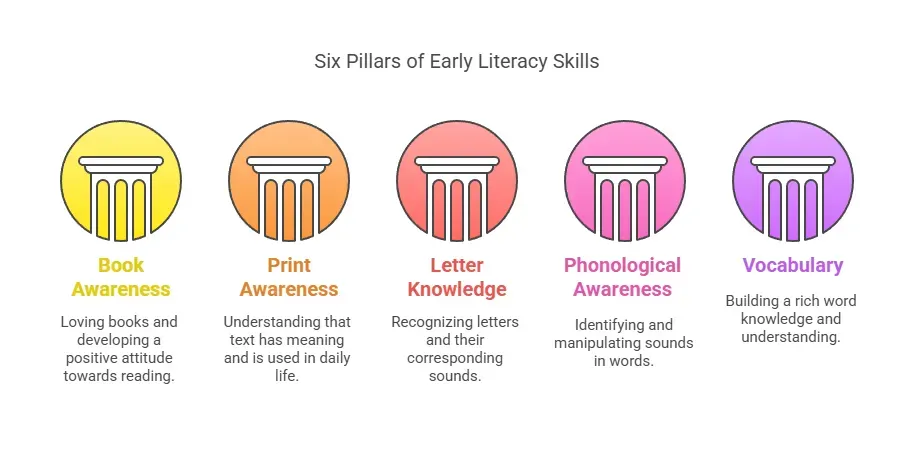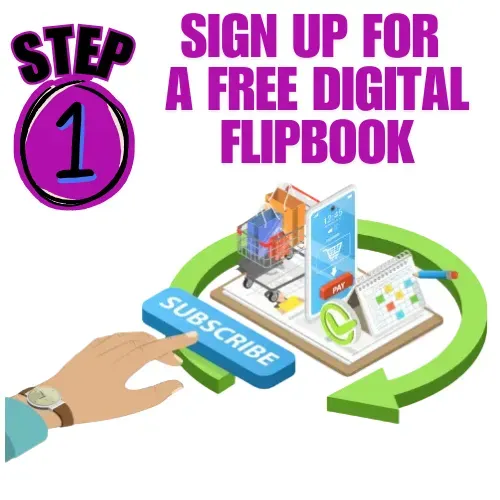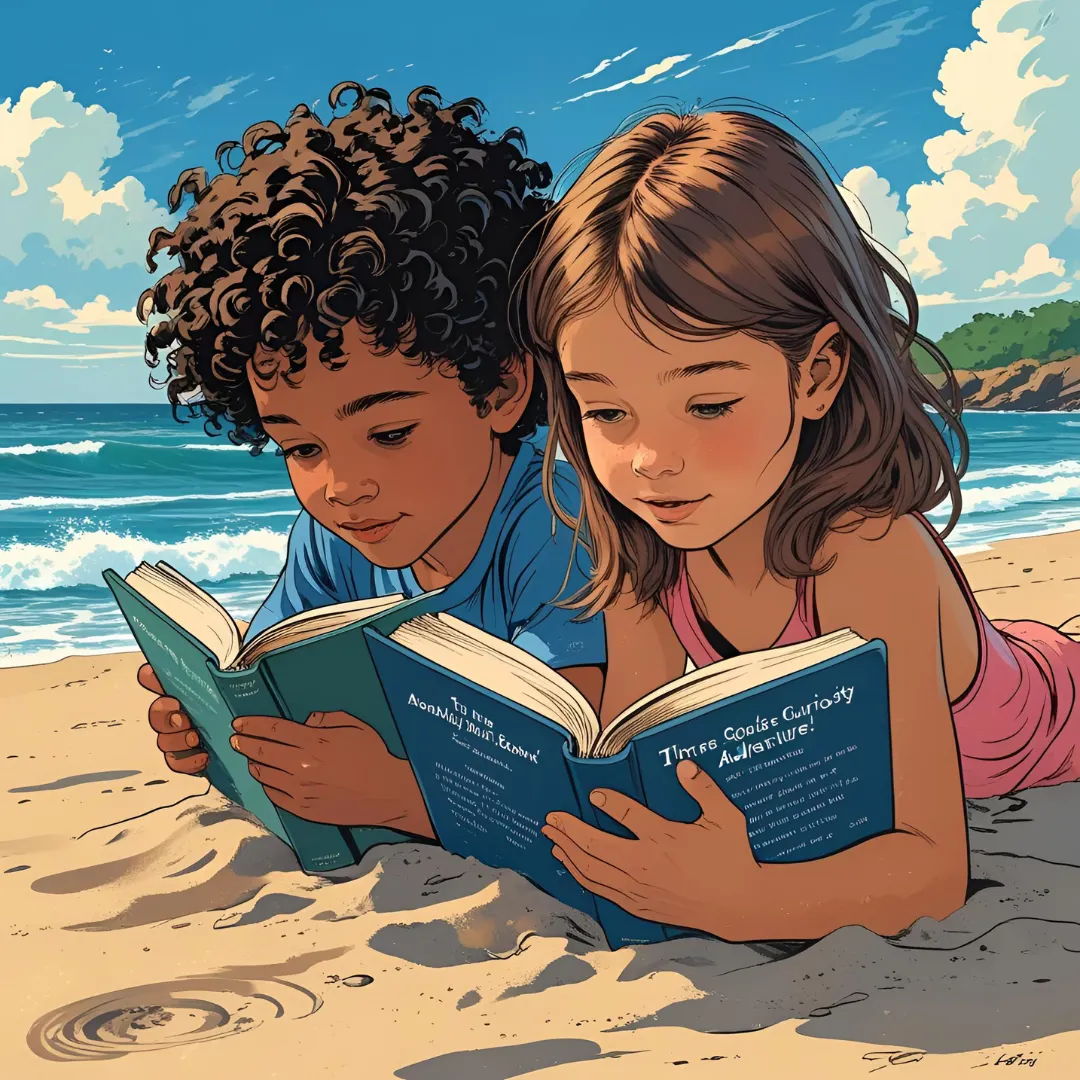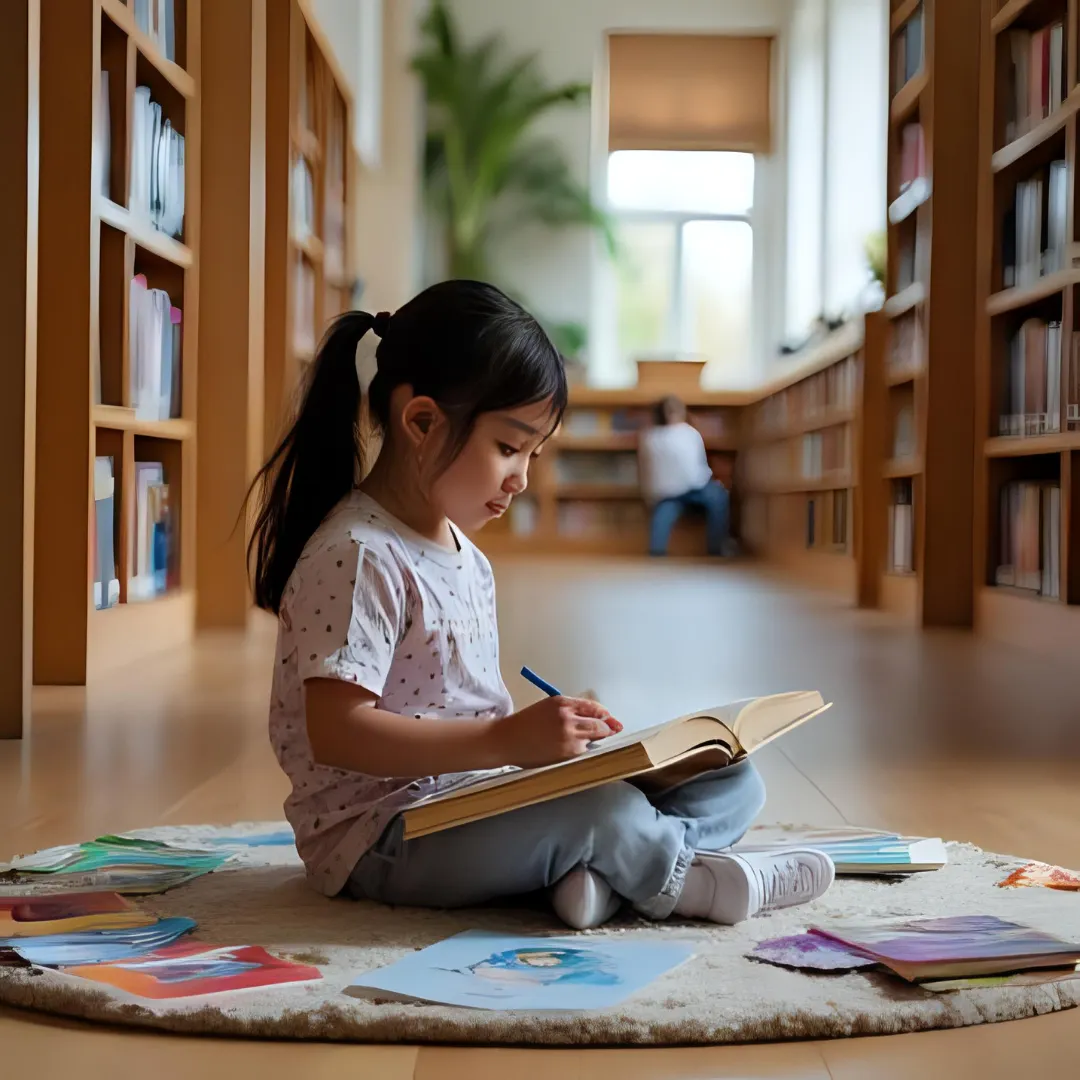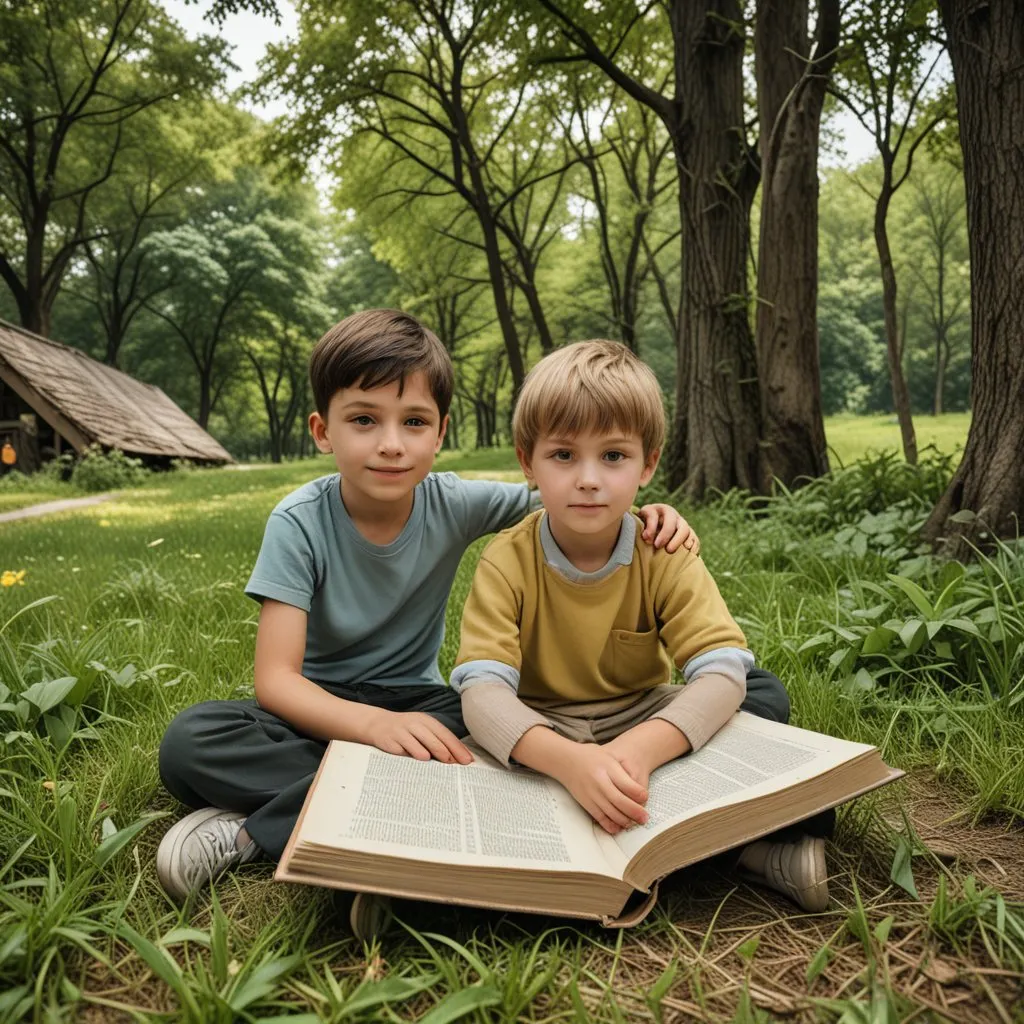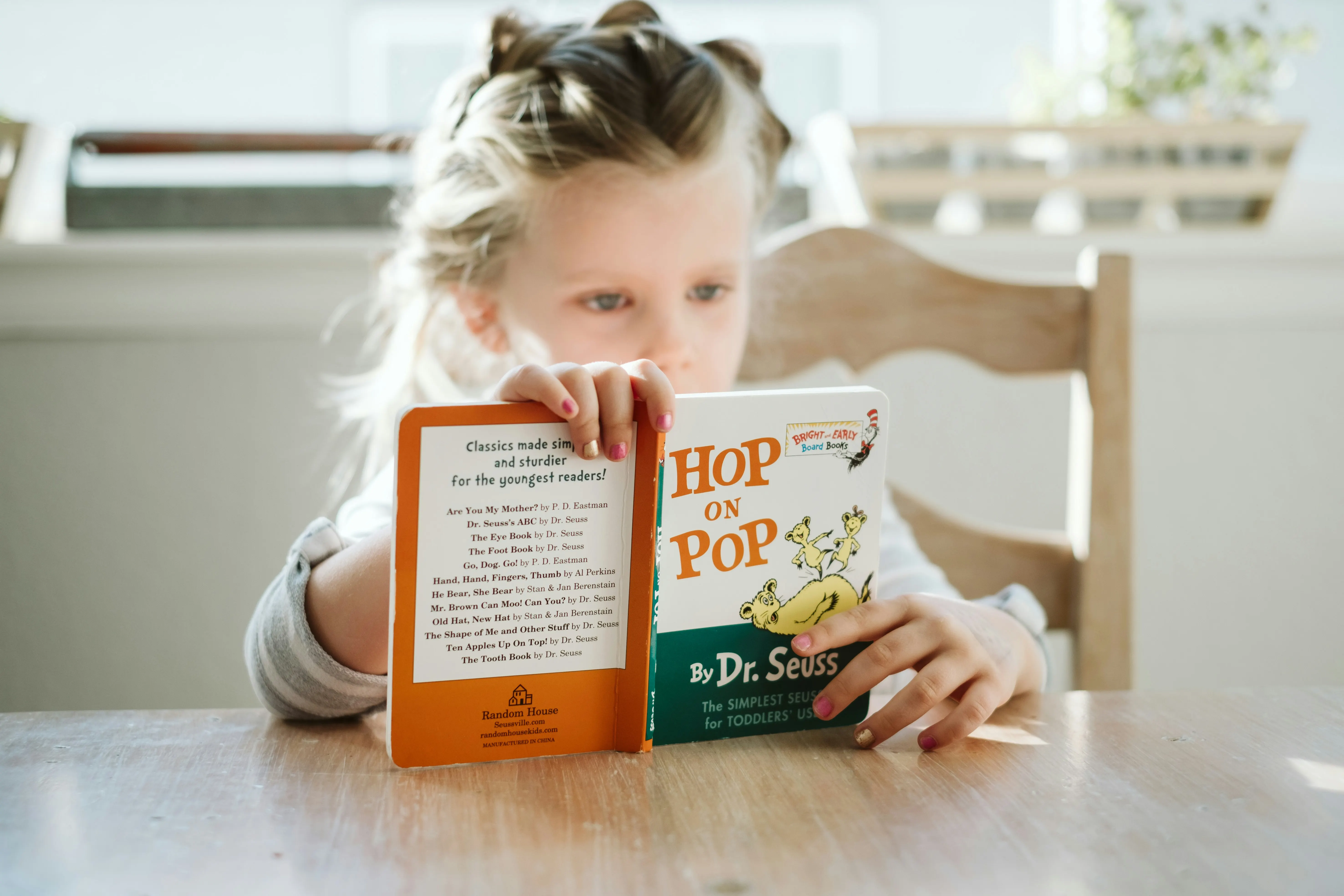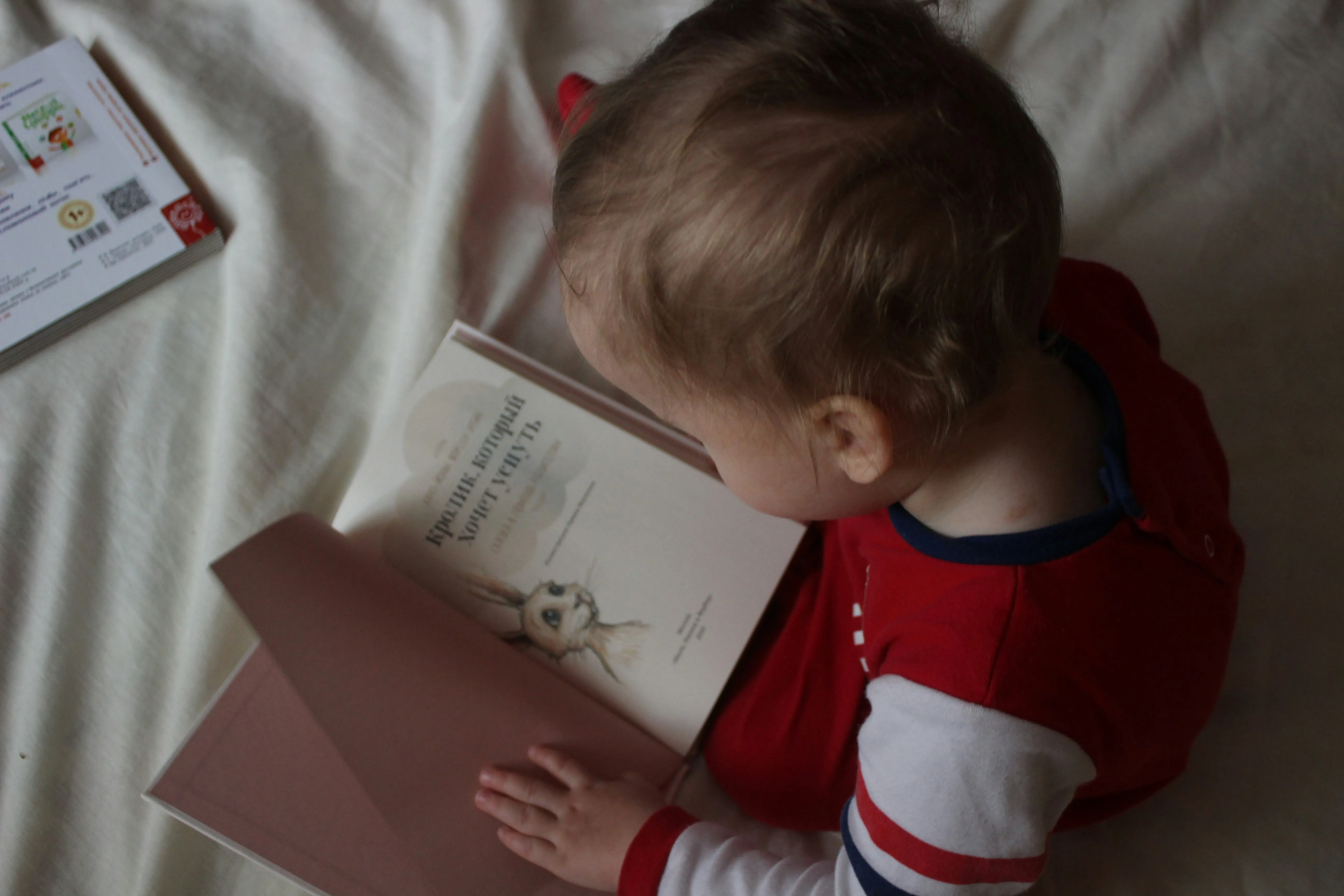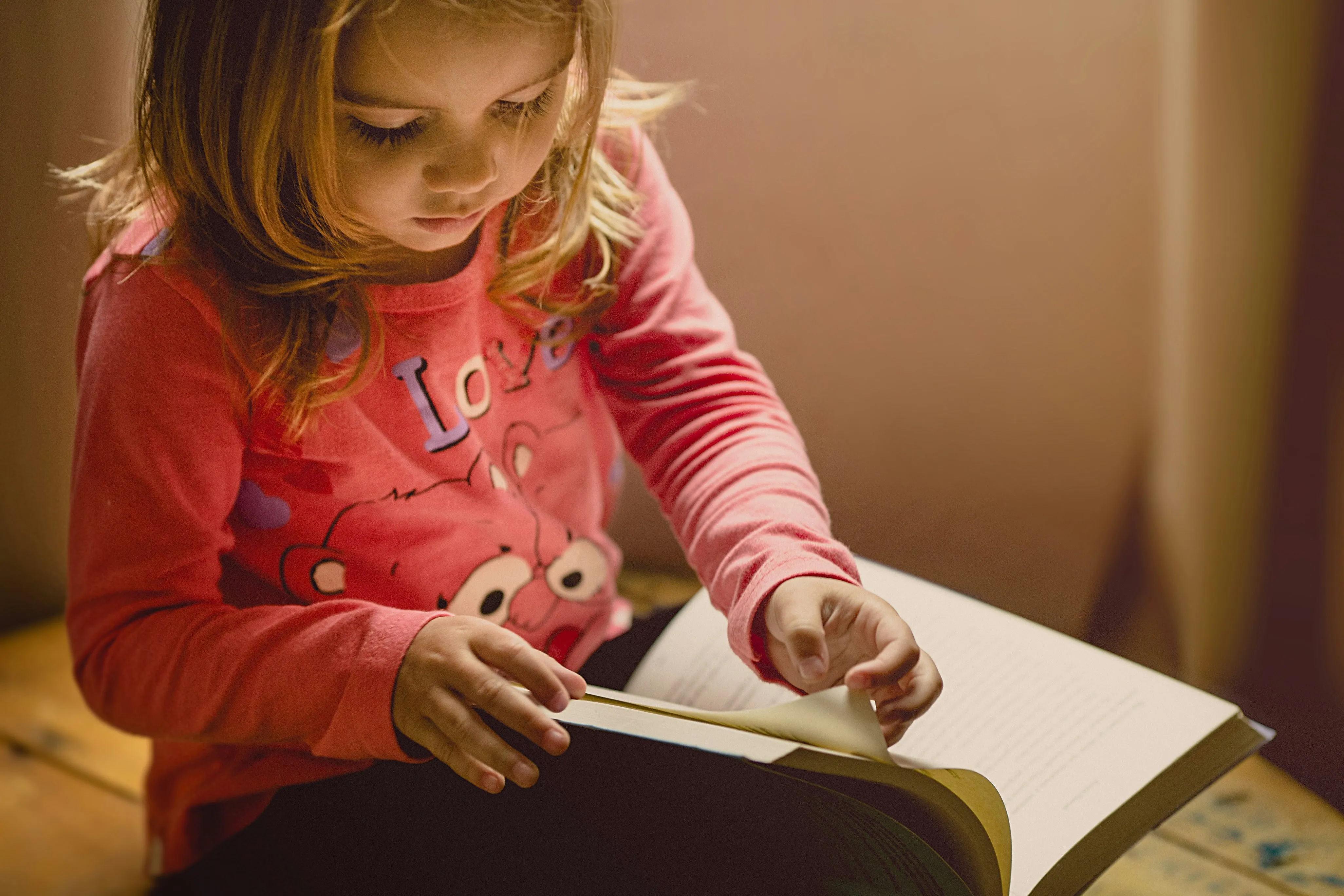From Words to Wisdom: How Early Literacy Shapes Success Across Life's Journey

The journey to success begins with a story—often, quite literally. Long before a child learns to write their name or sound out their first word, the foundation for their lifelong achievement is being laid through early literacy experiences. As research increasingly demonstrates, reading to your child isn't just about enjoying a good story together; it's about building the neural pathways that will support their development through every stage of life.
The Remarkable Journey Begins Before Birth
By 16-18 weeks of gestation, your baby is already developing the auditory capabilities that will form the foundation of their literacy journey1. At this stage, they begin to detect internal sounds like your heartbeat, and by 18-20 weeks, they can perceive external sounds, including your voice19. This early auditory development creates a perfect opportunity to begin building literacy skills.
The landmark Cat in the Hat Study demonstrated that babies whose mothers read Dr. Seuss's rhythmic text daily during their third trimester showed a measurable preference for hearing that same story after birth1.

This remarkable finding reveals that even before birth, your baby is:
- Strengthening auditory recognition pathways
- Developing neural specialization for language
- Forming an early connection to reading that will serve them throughout life
Early Childhood (0-5): Building the Foundation for Success
During the crucial first five years, 90% of brain development occurs, making this the perfect time to nurture early literacy skills3. Children who experience daily 5-minute read-aloud sessions in their first year develop:
- 19% larger vocabularies by age two1
- Enhanced phonological awareness, critical for learning to read1
- Stronger print motivation—the intrinsic desire to engage with books1
These early experiences lay the groundwork for the Six Pillars of Early Literacy Skills:
- Book awareness (loving books)
- Print awareness (understanding that text has meaning)
- Letter knowledge (recognizing letters and their sounds)
- Phonological awareness (identifying sounds in words)
- Vocabulary (building word knowledge)
- Narrative skills (ability to tell stories)
Success in early childhood isn't measured by academic achievements but by healthy development, secure attachments, curiosity, and joyful exploration—all qualities that flourish through interactive read-alouds.
Childhood (6-12): Discovering Interests and Maintaining Curiosity
By age five, children exposed to systematic read-alouds demonstrate 32% greater proficiency in decoding complex letter combinations and improved reading comprehension1. This advantage carries forward as they enter formal education, where early literacy skills correlate with:
Higher performance across all academic subjects, not just reading and language arts313
Greater confidence in classroom participation
Enhanced ability to discover and pursue personal interests
Children who enter school with strong literacy foundations are more equipped to maintain their natural curiosity—a key component of success during this life stage. Rather than struggling with basic decoding, they can focus on content and meaning, allowing them to discover new interests and develop creativity.
Adolescence (13-19): Building Identity and Resilience
The benefits of early literacy extend well into adolescence. Studies show that students who achieved reading proficiency by third grade are significantly more likely to:
- Graduate from high school
- Develop stronger self-identity through storytelling and narrative understanding
- Build resilience through exposure to diverse stories and perspectives
The "Matthew Effect" in literacy means that early advantages compound over time. Adolescents who began with strong literacy foundations continue to excel, finding it easier to explore their passions, build identity, and navigate the challenges of teenage years with greater confidence and perspective.
Young Adulthood (20-35): Authentic Learning and Community Contribution
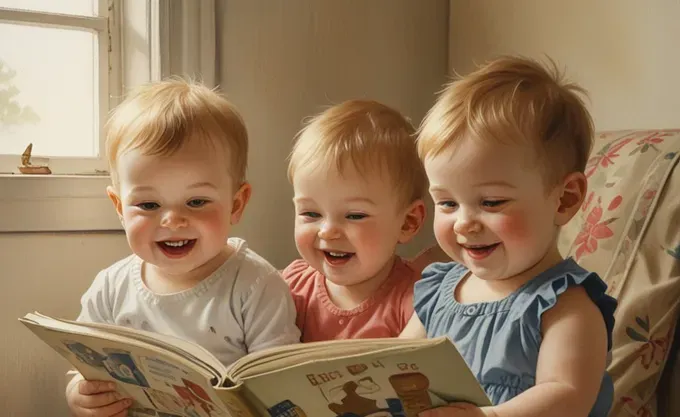
The impacts of early literacy ripple through young adulthood, influencing:
- Academic success in higher education313
- Career readiness and professional communication skills
- Capacity for continuous learning and adaptation
Young adults who developed strong literacy skills early are better positioned to pursue authentic life paths rather than merely following expectations. Their ability to absorb new information, think critically, and communicate effectively enables them to make meaningful contributions to their communities.
Middle and Later Adulthood: Expanding Impact and Sharing Wisdom
As we move into middle and later adulthood, the benefits of early literacy continue to manifest in our ability to:
Mentor others effectively through strong communication skills
Expand our impact through lifelong learning
Share accumulated wisdom with future generations
Maintain curiosity and cognitive function well into our senior years
Personalized Early Literacy: The LearningTime Canada Approach
Personalized storybooks create an especially powerful foundation for developing these success traits.
When children see themselves as the protagonists of stories, they experience:
- Increased engagement (up to 41% improvement)
- Enhanced perspective-taking abilities
- Stronger self-confidence and sense of agency
Through personalized books that grow with your child from pregnancy through their first decade, LearningTime Canada helps nurture not just literacy skills but the essential components of lifelong success:
- High Agency: Stories featuring your child making choices and solving problems develop self-efficacy
- Personal Growth: Books that evolve with your child maintain engagement and continuous development
- Inner Fulfillment: Narratives celebrating personal achievements foster emotional well-being
- Positive Impact: Stories incorporating community contributions cultivate social responsibility
- Authentic Expression: Personalized stories honor your child's unique interests and qualities
The Gift That Lasts a Lifetime
The research is clear: investing in early literacy—from prenatal reading to interactive read-alouds and personalized stories—yields dividends throughout life. Children who receive this gift are more likely to enter school ready to learn, graduate prepared for further education, and move through life's stages with confidence, curiosity, and purpose.
By beginning this journey before birth and nurturing it consistently through the early years, you're not just teaching your child to read—you're empowering them to write their own story of success, fulfillment, and positive impact across every stage of life.
Citations:
- https://ppl-ai-file-upload.s3.amazonaws.com/web/direct-files/7308972/e5cf3d38-d40f-4e7f-bffb-83712fc8972f/Interactive-Readalouds-before-birth-onwards.pdf
- https://learningtime.ca/blog/post/master-early-literacy-skills-the-six-skills-and-stages
- https://www.kidsfirstservices.com/first-insights/why-early-literacy-skills-are-essential-for-success
- https://pdxreading.com/early-literacy-development-is-the-key-to-lifelong-success/
- https://cpl.org/born-to-read-reading-to-your-baby-in-the-womb/
- https://learningtime.ca/blog/post/master-prenatal-reading-time-tips-for-success
- https://www.edutopia.org/article/interactive-read-alouds-early-grades/
- https://www.kumon.com/resources/early-learning-leads-lifelong-success/
- https://www.portdiscovery.org/3-reasons-early-literacy-skills-are-important-for-your-child/
- https://www.ywcalgary.ca/the-importance-of-early-literacy-why-it-matters
- https://www.naeyc.org/resources/pubs/yc/fall2021/reading-aloud-infants-toddlers
- https://pmc.ncbi.nlm.nih.gov/articles/PMC6527200/
- https://www.linkedin.com/pulse/blog-09-long-term-impact-early-literacy-education-za1ve
- https://digitalcommons.csumb.edu/cgi/viewcontent.cgi?article=1545&context=caps_thes_all
- https://www.lwtears.com/blog/literacy-development-stages
- https://ies.ed.gov/sites/default/files/migrated/rel/infographics/pdf/REL_PA_The_Importance_of_Early_Literacy_for_Future_Success.pdf
- https://www.tdsb.on.ca/annualreport2024/Stories/Literacy-for-lifelong-learning
- https://www.voyagersopris.com/vsl/blog/the-power-of-early-literacy
- https://lincs.ed.gov/publications/pdf/EL_policy09.pdf
- https://www.instagram.com/innisfilidealab/p/DFVHXWwT3G0/
- https://guides.wpl.winnipeg.ca/earlyliteracy/skills
- https://extension.purdue.edu/extmedia/HHS/HHS-850-W.pdf
- https://cmec.ca/Publications/Lists/Publications/Attachments/404/CMEC%20Statement%20on%20Fostering%20Lifelong%20Learning%20EN%20Final.pdf
- https://www.tutorlyft.com/blogs/the-importance-of-early-literacy
- https://www.apu.apus.edu/area-of-study/education/resources/why-is-early-childhood-education-important-for-children/
- https://www.epl.ca/blogs/post/nurture-minds-early-literacy/
- https://www.handyhandouts.com/viewHandout.aspx?hh_number=378&nfp_title=Six+Early+Literacy+Skills+Predict+Reading+and+Writing+Success
- https://www.theliteracybug.com/stages-of-literacy
- https://irrc.education.uiowa.edu/sites/irrc.education.uiowa.edu/files/2023-09/The%20Power%20of%20Interactive%20Read%20Alouds.pdf
- https://www.earlychildhoodeducationandcare.com/bloggers/2023/3/17/why-reading-to-your-child-from-birth-is-the-best-investment-you-can-make-for-their-future
- https://caringforkids.cps.ca/handouts/behavior-and-development/read_speak_sing_to_your_baby
- https://www.readingrockets.org/topics/early-literacy-development/articles/dialogic-reading-effective-way-read-aloud-young-children
- https://www.readingrockets.org/topics/comprehension/articles/repeated-interactive-read-alouds-preschool-and-kindergarten
- https://www.healthychildren.org/English/news/Pages/beyond-literacy-shared-reading-starting-in-infancy-offers-lifelong-benefits.aspx
- https://lastinger.center.ufl.edu/wp-content/uploads/2022/06/FGLRC_InteractiveReadAlouds-Parent.pdf
- https://learningtime.ca/blogs
- https://www.clel.org/clelcon/clelcon-reflections/prenatal-storytime-clelcon22-reflections/
- https://iei.nd.edu/initiatives/notre-dame-center-for-literacy-education/news/the-power-of-read-alouds-how-to-perform
- https://interactivereadalouds.pbworks.com/f/Developing+Effective+Read+Alouds.pdf
- https://pmc.ncbi.nlm.nih.gov/articles/PMC4171731/
- https://www.clel.org/early-literacy/early-literacy-story-times/six-early-literacy-skills/
- https://www.readingrockets.org/topics/preschool-and-child-care/articles/nelp-report-developing-early-literacy
- https://www.spriglearning.com/46-stories-of-improving-early-literacy-achievement-in-schools/
- https://readingrecovery.org/success/
- https://pmc.ncbi.nlm.nih.gov/articles/PMC2713445/
- https://www.excellenceinliteracy.org/success-stories
- https://calgaryunitedway.org/blog/beyond-bedtime-stories-early-childhood-literacy/
- https://heggerty.org/research/success-stories/
- https://www.curriculumassociates.com/blog/what-is-early-literacy
- https://fisherpub.sjf.edu/cgi/viewcontent.cgi?article=1360&context=education_ETD_masters
- https://creativeclassroomcore.com/interactive-read-alouds-what-are-the-benefits-of-using-them-in-your-classroom/
- https://www.valleychildrens.org/blog/does-it-matter-the-truth-about-when-to-start-reading-to-your-baby
- https://projectliteracy.ca/volunteer-become-a-tutor/success-stories/
- https://learningforward.org/journal/global-perspectives/literacy-success-story-highlights-the-power-of-professional-learning/

